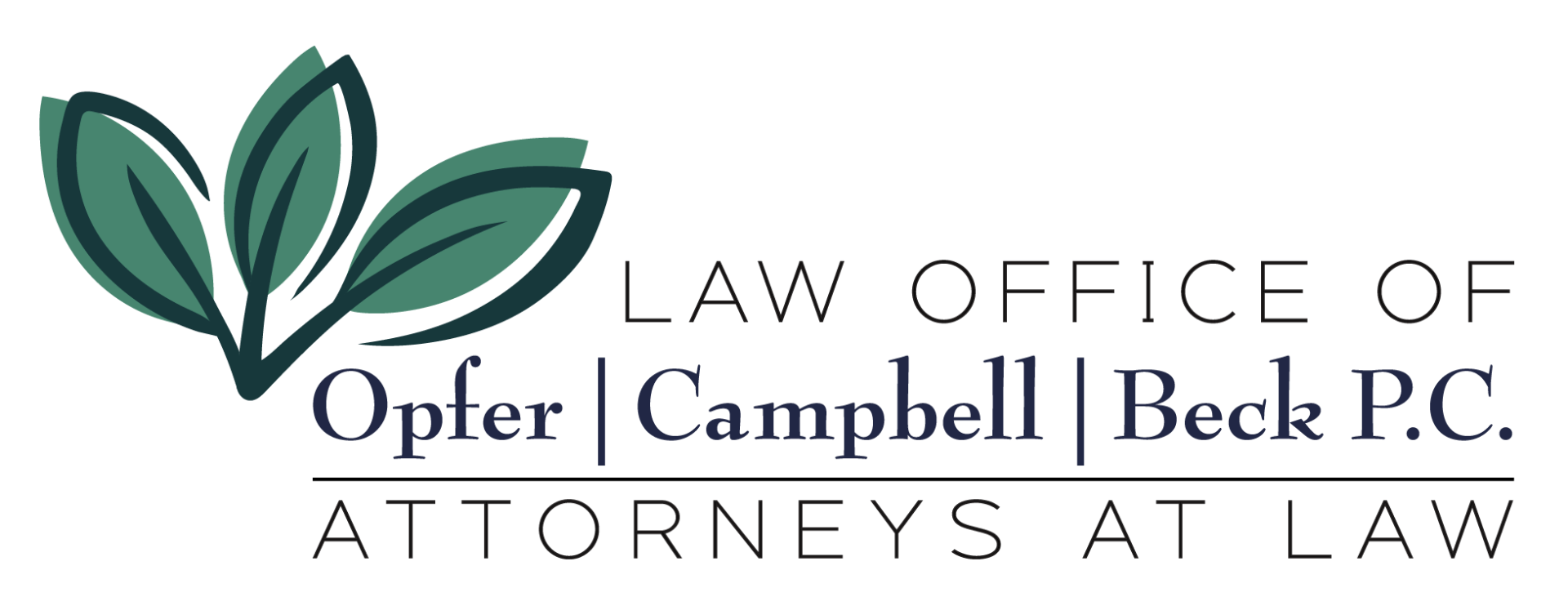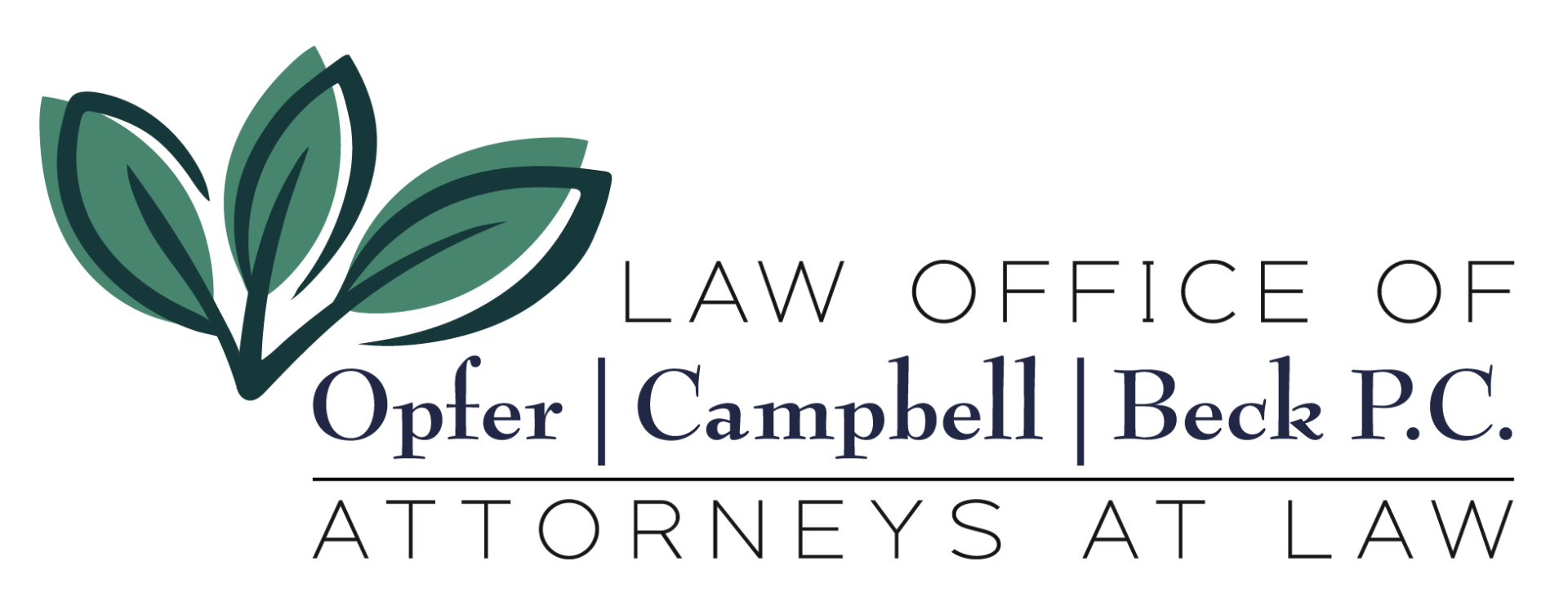Practice Areas
Avoiding Probate: "Funding" Your Estate Plan
Estate Protections Series: Part 9

“I created some estate planning documents, so I’m done now, right?” NO, but you are close!
Throughout our Estate Protections Series, we outlined all the documents involved in estate planning. But, fundamentally, what is probate and how do you avoid it? Referred to “Funding" your plan, there are two major ways to avoid probate after passing away. When completed, this results in a fast, simple, and conflict-free transition.
What is probate?
As discussed in prior blogs, a person can trigger probate while they are alive if they become “incapacitated” and do not have medical directives or Powers of Attorney. By having those documents, they avoid “protective proceedings” called Guardianships and Conservatorships. But what about when you die?
In its most basic form, probate after death happens because assets becomes stuck, and your loved ones need to unstick them. Take, for example, a married couple who owns a house together. If one person passes away, what happens? In most situations, the spouse takes over the title because they are already on it as a joint owner. The property avoided probate because the name was already there. But what about when the second spouse passes away? If nobody else is an owner, what happens to the title?
This is the most common situation causing probate. In such example, the only person who could have sold the house, or given it away, just passed away. Now, someone needs legal authority to transfer that title. That might come from a Will you left saying who receives the house, or even without one your state's laws will direct what happens to it. This person is the Executor / Personal Representative. Their legal authority comes from the local probate court, who empowers them to dispose of the property after proceedings begin. It may sound simple, but this process can involve substantial delays, expenses, and conflicts that you could have avoided
So, how do you AVOID probate?
Now that you understand probate, the process to avoid it is rather simple. “Funding” is the act of taking your assets (e.g. the house deed) and retitling them to avoid becoming stuck in probate. There are two common ways available:
Beneficiary Designations: On nearly every asset, a person can schedule a transfer to someone when they die, as a "beneficiary designation." This involves a legal document for each specific asset, and then activating it later with a death certificate. For example, on the house described earlier, the married couple could record a “Beneficiary Deed.” It is a legal, recorded deed that designates when they both die, ownership then transfers to specific named people. After both owners pass, the beneficiaries record death certificates with the county, and then soon they become the new owners. The house avoids probate because the beneficiary is already listed on the title. This approach works for almost every asset!
Importantly, there are some limitations to using beneficiary designation. First, you cannot leave most types of assets to a someone younger than 18, because they do not have the legal ability to manage assets. They are considered "incapacitated" because of their age. Second, you should not attempt list a person who is disabled or special needs as a beneficiary, because you might cause them to lose important disability benefits. And lastly, beneficiary designations do not allow you to control or protect the inheritance you leave. If you want to spread out inheritance over time, protect it from spouses, protect it from drug and alcohol use, and so on, beneficiary designations do not work.
Trusts: As discussed in Part 7 of our Estate Protections Series, the other method to avoid probate is by a Trust, most commonly the Revocable Living Trust. When you create a trust, you then retitle (fund) your assets inside it. For example, instead of using a Beneficiary Deed, you sign a deed to move your property into the trust right now. This avoids probate because, technically, you no longer own that house, but remember that you still own the trust. So, you can still enjoy and control all your property while also making sure it avoids probate. Importantly, trusts do not have the same limitations as described above for beneficiary designations.
How can an estate attorney help?
Creating estate documents is only the first step of planning. Without funding, you will likely end up in probate. A knowledgeable estate attorney should help you prepare documents AND retitle assets. Afterwards, your attorney should maintain a relationship with you throughout the years so that as you acquire new assets, you structure them to avoid probate. Funding is critical and cannot be ignored. Regardless of how you plan to avoid probate, ensure it is handled correctly. At Opfer | Campbell | Beck P.C., we provide no-cost consultations to help you understand your funding needs, and provide an action plan to help you avoid probate permanently. Contact our office today for scheduling!












